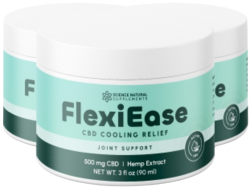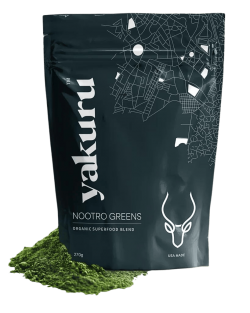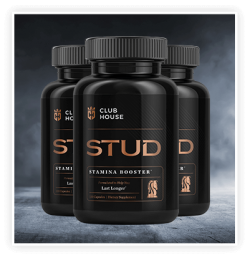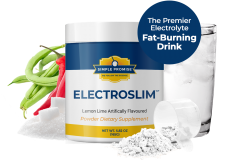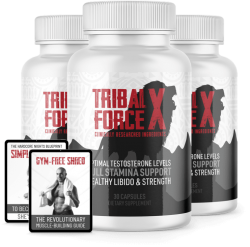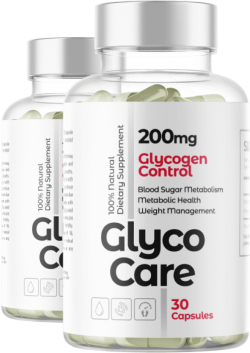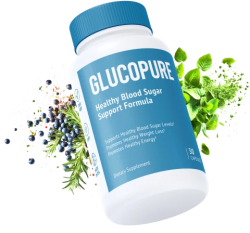Challenge Yourself: Get Fit and Stay Healthy
Challenge Yourself: Get Fit and Stay Healthy
In today’s fast-paced world, maintaining fitness and health can seem like a daunting task. However, with the right mindset and approach, you can turn this challenge into an enjoyable and rewarding journey. Whether you’re looking to shed a few pounds, build muscle, or simply improve your overall well-being, this guide will help you get fit and stay healthy.
1. Setting Realistic Goals
Define Your Objectives
Before embarking on your fitness journey, it’s essential to set clear, achievable goals. Whether you want to lose weight, gain muscle, increase stamina, or improve flexibility, having a specific objective will keep you motivated and focused.
SMART Goals
Use the SMART criteria to set your goals:
Specific: Clearly define what you want to achieve.
Measurable: Ensure your goal can be tracked and measured.
Achievable: Set a realistic target within your capability.
Relevant: Choose a goal that matters to you.
Time-bound: Set a deadline to achieve your goal.
2. Designing a Balanced Workout Plan
Cardiovascular Exercise
Cardio exercises are crucial for heart health and burning calories. Incorporate activities such as running, cycling, swimming, or brisk walking into your routine. Aim for at least 150 minutes of moderate-intensity or 75 minutes of high-intensity cardio per week.
Strength Training
Strength training helps build muscle, increase metabolism, and improve bone density. Include exercises like weightlifting, bodyweight exercises (push-ups, squats), and resistance band workouts. Aim to work all major muscle groups at least twice a week.
Flexibility and Balance
Flexibility and balance exercises improve your range of motion and prevent injuries. Incorporate activities like yoga, Pilates, and stretching into your routine. Spend at least 10-15 minutes on these exercises after your workouts.
3. Nutrition: Fuel Your Body
Balanced Diet
A balanced diet is essential for achieving and maintaining fitness. Focus on consuming a variety of nutrient-dense foods, including:
Proteins: Lean meats, fish, eggs, legumes, nuts
Carbohydrates: Whole grains, fruits, vegetables
Fats: Healthy fats from avocados, nuts, seeds, olive oil
Hydration
Staying hydrated is vital for overall health and optimal performance. Aim to drink at least 8 cups (64 ounces) of water per day, more if you’re engaging in intense physical activity.
Portion Control
Eating the right amount of food is crucial. Overeating can lead to weight gain, while undereating can hinder your fitness progress. Use portion control techniques, such as smaller plates and mindful eating, to manage your intake.
4. Rest and Recovery
Importance of Sleep
Adequate sleep is essential for recovery and overall health. Aim for 7-9 hours of quality sleep per night. Good sleep hygiene, like maintaining a regular sleep schedule and creating a restful environment, can improve sleep quality.
Active Recovery
Incorporate active recovery days into your routine. Light activities like walking, stretching, or gentle yoga can help reduce muscle soreness and improve circulation without putting too much strain on your body.
Listen to Your Body
Pay attention to your body’s signals. Rest if you’re feeling overly fatigued or if you experience pain. Overtraining can lead to injuries and setbacks, so balance your workouts with adequate rest.
5. Mental Health and Motivation
Mindfulness and Meditation
Practicing mindfulness and meditation can reduce stress and improve mental clarity, which is beneficial for maintaining a healthy lifestyle. Incorporate these practices into your daily routine to support your mental well-being.
Stay Motivated
Keeping motivation high can be challenging, but there are several strategies to help:
Set mini-goals: Break down your main goal into smaller, manageable steps.
Track your progress: Use a journal or app to record your workouts, meals, and milestones.
Find a workout buddy: Exercising with a friend can make workouts more enjoyable and keep you accountable.
Reward yourself: Celebrate your achievements with non-food rewards, such as a new workout outfit or a relaxing massage.
Positive Mindset
Cultivating a positive mindset is crucial for long-term success. Focus on what you can achieve rather than what you can’t. Celebrate small victories and learn from setbacks without being too hard on yourself.
6. Long-Term Lifestyle Changes
Consistency is Key
Consistency is the cornerstone of any fitness and health regimen. Establishing a regular routine and sticking to it is more effective than sporadic, intense efforts. Make fitness a part of your daily life.




